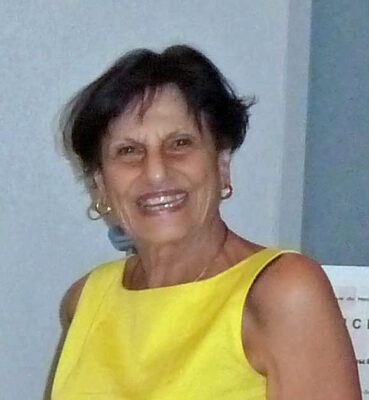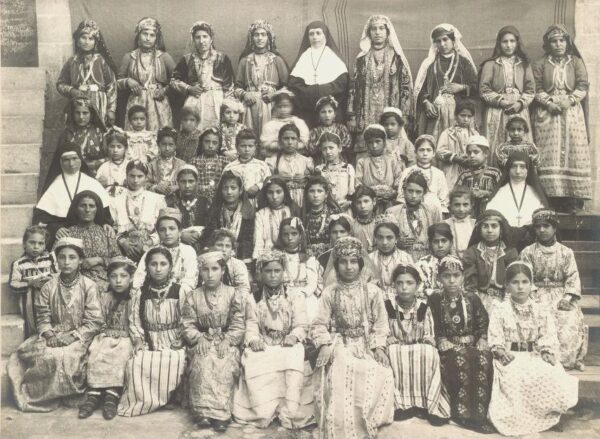BOSTON — Dr. Paulette Houbouyan-Coutant, of Paris, will discuss the strategies and evolution of the 19th century French mission schools for Armenian girls and women in the Ottoman empire at a program on Sunday, October 22, at 2:30 p.m. at the Armenian Cultural Foundation in Arlington.
Established initially in 1840 in the larger cities, such as Constantinople and Smyrna, these mission schools rapidly spread to the smaller cities and towns in the Armenian plateau, ranging from Marsovan and Amasia in the north to Sivas and Kharpert in the central plains to Urfa and Adana in the south.
Dr. Houbouyan-Coutant will describe the nuns from convents in France who volunteered to serve in the Middle East, the life and customs they encountered, the challenges they faced in setting up and operating their schools, as well as the broader effects of a French Catholic education for girls in the midst of the rapid economic, social and cultural transformations taking place in Ottoman Turkey during those years.
Beginning with a few nuns from the French Sisters of Charity, who arrived in the Ottoman capital in 1839 to establish a school there, the movement to provide a French Catholic education to Armenian girls and women was augmented by recruits from several other societies in France, such as the Sisters of St. Joseph of the Apparition, who traveled to Erzurum, Trebizond and Samsun, and the Franciscans of Lors-le-Saunier, who went to Mardin, Diyarbakir, and Urfa.
French mission work among the Armenians in Turkey is viewed by Houbouyan-Coutant within the larger context of the spread and popularity of French culture generally throughout the Ottoman Empire in those years. The schools for girls and women are also described as a response to, as well as competition with, the considerable American Protestant presence in mission stations throughout Turkey in those years. It was the minority populations in Ottoman Turkey, and mainly the Armenians, who were attracted to mission education.
Despite the widespread network of French mission schools for girls, the number of Catholic Armenian women in Ottoman Turkey remained low (an estimated 5 to 10 percent of the population), and most of them were from established Armenian Catholic families. Notable was the formation in Angora in 1857 of a new congregation, the Armenian Sisters of the Immaculate Conception, which spread to many other areas and provided teachers to assist in the classrooms.









